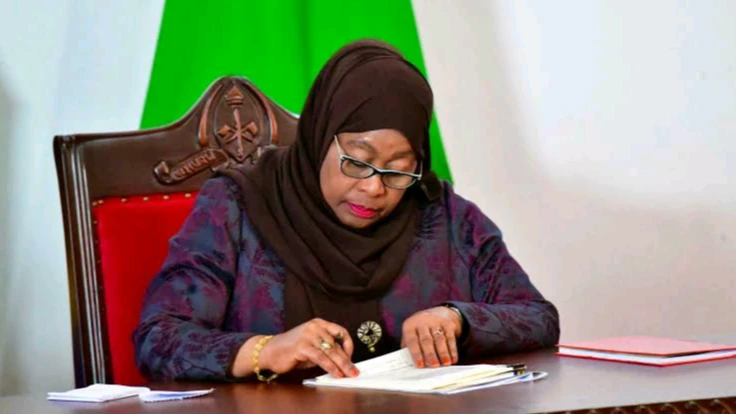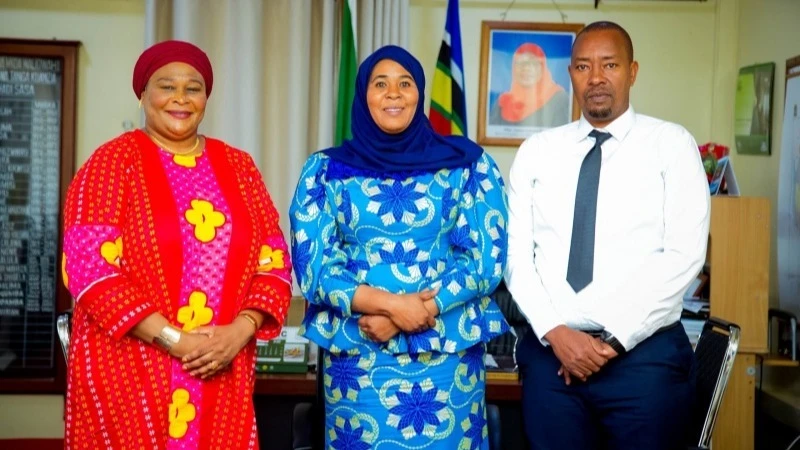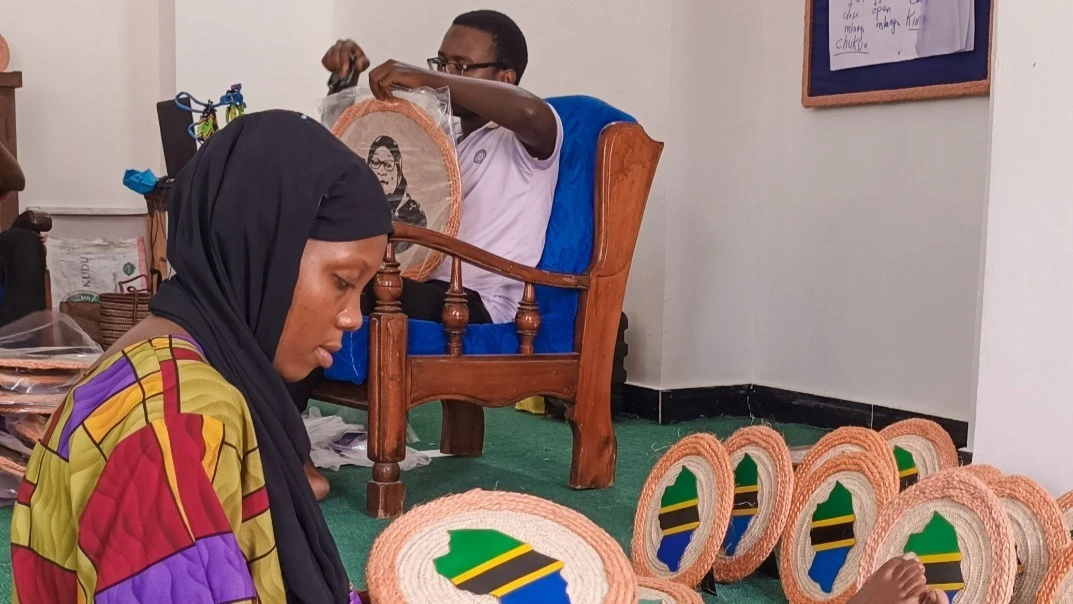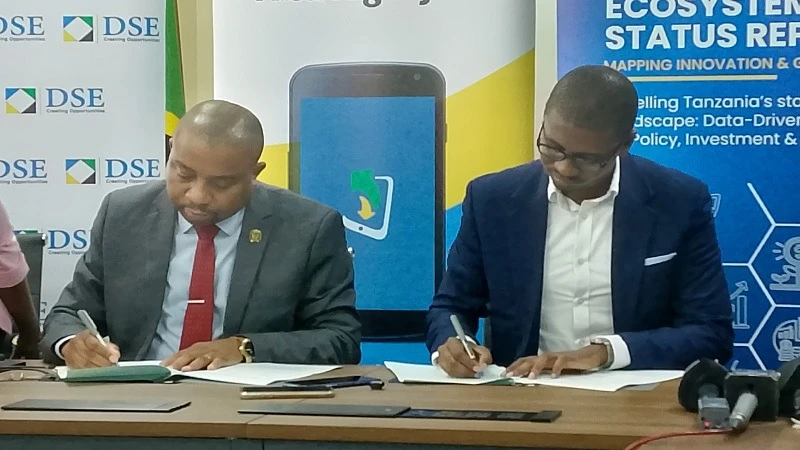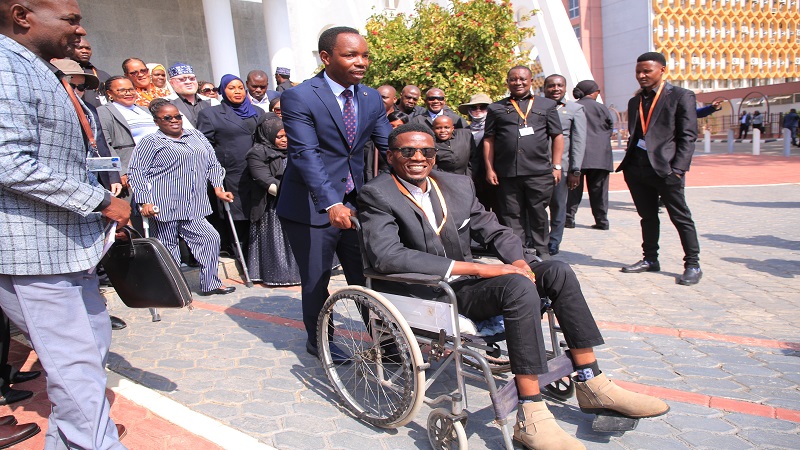Sisal industry embraces local innovations, empowerment
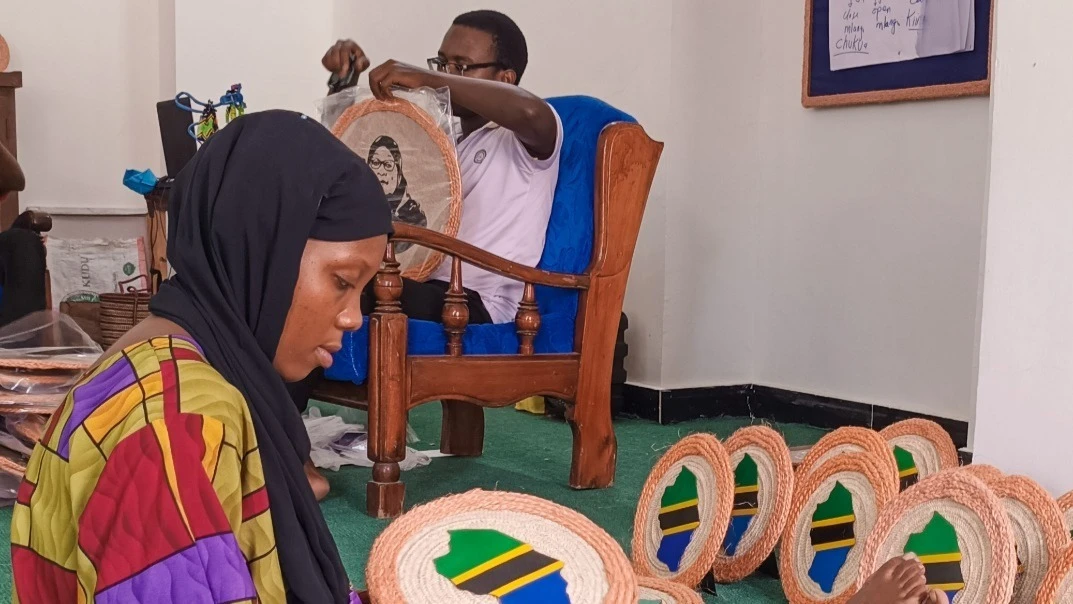
In a transformative shift for Tanzania’s historic sisal industry, the country is moving away from its long-standing dependence on foreign expertise and imported machinery, as it embraces locally driven innovation and youth empowerment.
The Tanzania Sisal Board (TSB) has launched a new Innovation Hub designed to equip young Tanzanians with the skills and tools needed to manufacture and process sisal-based products domestically.
TSB’s Director of Sisal Development and Marketing, Olivo Mtung’e, said the country previously relied heavily on importing yarn-making machines, particularly from China, to process sisal into yarn used in decorative and woven products.
“We used to import machinery to make yarn. Today, we have trained local youth to produce the same yarn manually, using simple tools,” Mtung’e said.
“With the emergence of local factories, Tanzania can now manufacture yarn and export it — a significant shift from the days when we grew sisal but still had to import the final product.”
He added that the entire value chain — from primary processing to secondary production such as spinning, weaving, and creating decorative items — is now being handled domestically, marking Tanzania’s transition from an importer to an exporter of sisal-based products.
At the center of this transformation is the Business Incubation Centre, dubbed Building Better Tomorrow (BBT), which was established in 2024 to support youth- and women-led enterprises.
Abdulatif Famau, BBT’s Supervisor, explained that the center is focused on nurturing entrepreneurship through hands-on training in sisal processing and product development.
“The program does not require any formal education, and the training is offered free of charge,” said Famau.
“Currently, we have 30 participants — mainly youth, including men and women. Notably, 10 of them are people living with disabilities.”
Famau noted that the Tanzania Sisal Board has provided key support for the initiative, including the facility itself, essential equipment, raw materials, and access to electricity, water, and internet services.
Meanwhile, data from the Ministry of Industry and Trade highlights the growing market for Tanzanian sisal under the African Continental Free Trade Area (AfCFTA) framework. Since the beginning of the year, 426.4 tonnes of sisal fibre have been sold to markets in Nigeria, Ghana, Morocco, and Egypt.
Additionally, from October 2023 to September 2024, Tanzania has recorded a total of 2,609 global shipments of sisal fibre, reflecting the sector’s renewed momentum and increasing global competitiveness.
Top Headlines
© 2025 IPPMEDIA.COM. ALL RIGHTS RESERVED
















